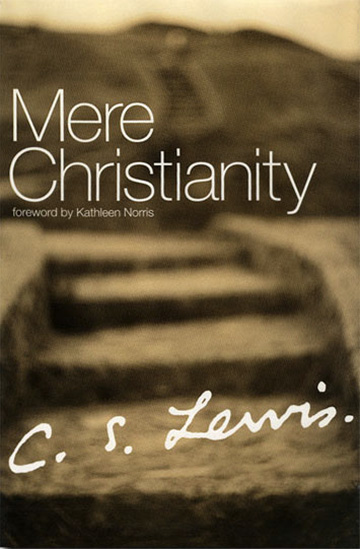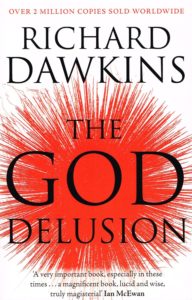
Synopsis
Overall Rating
Final Thoughts
Year Published
1952
Authors
Topics
Synopsis
Final Thoughts
Overall Rating
C.S. Lewis’ writings are somewhat difficult to read. Partially because the writing style is so old and partially because whoever converted it to a digital format did a terrible job, but that’s a different story. Even so, this is one of Lewis’ more popular books, with reason for being so. However, it also falls short in a lot of areas.
I think the biggest problem I have with Mere Christianity is that Lewis seems unable to decide what he wants to do with the book. It feels like three books thrown into one (and it’s divided into four books). I’m not sure what went into the decision to combine then, but it would have been much better off had they not (perhaps he just didn’t feel like writing enough to make each book publishable on its own?)
I would have to say that the first part of the book is my favorite. He begins by discussing the idea that there is this all-encompassing moral law that everyone seems to abide be, or at least expect others to abide by. You can tell, instinctively, when someone this done that isn’t “right” or “good.” The question then becomes, what constitutes what is right or good, and how is that determined? It seems that the majority of people over time have held the same values, and most of us would say that the values of the past that were bad have been removed. In essence, as a whole, we are all trying to get to a higher level of goodness.
It would have been fine if he had stopped there, and spent the rest of the book addressing this goodness, where it comes from, and what it looks like. However, he concludes that topic then jumps off into many others. He shows how the moral law has to come from something other than the law itself, and since it’s been in humanity throughout (what seems to be) all of history, there must be something that created it and placed it in each person. He shies away from calling it God at first but eventually comes around to it.
After that, he then goes into an apologetic discourse on why there has to be a God. It seems he recently became a Christian, so perhaps some of the things he says were things that helped him understand. However, I feel it’s out of place in the book and should have been reserved for an entirely different writing. After this, he goes into, slightly, what it means to be a Christian. What it is typically believed, how to believe some of those things, and then what it means for the person.
Most of his points in these sections were good (except for the place where he seemed to be saying soldiers should find gaiety in killing and that we will all be gods one day), but they just seemed like they should have been reserved for their own books. I wish he had focused more on the idea that all humans expect everyone to act in a certain way, that fits within the moral code “law” conditioned in all of us. How that works, what it looks like, and how we can help not only ourselves but others see it more and come to live by it.

